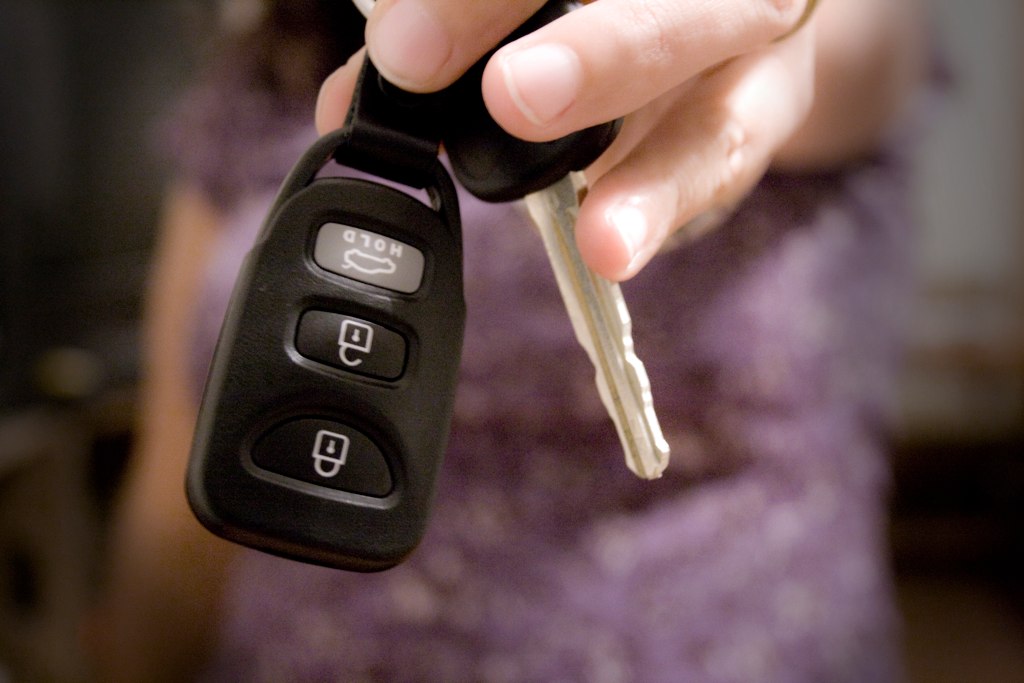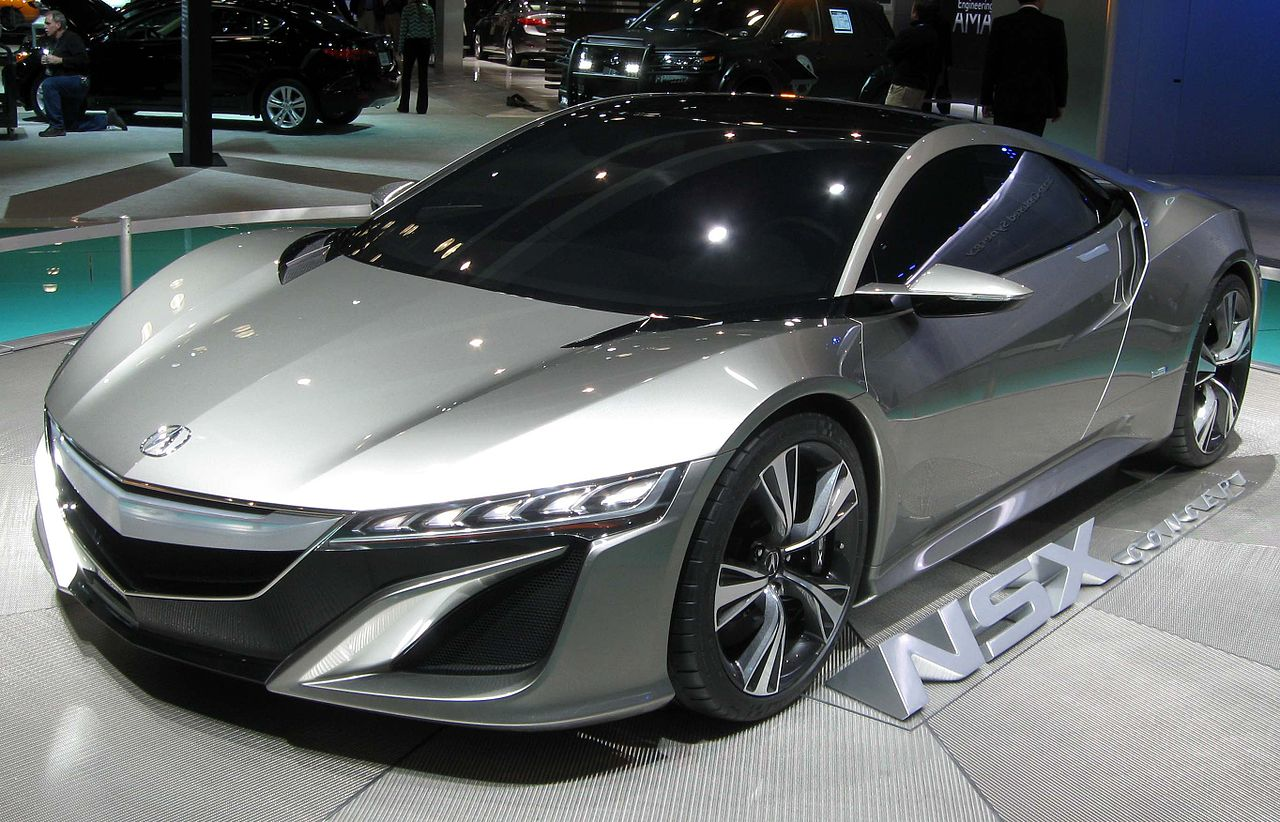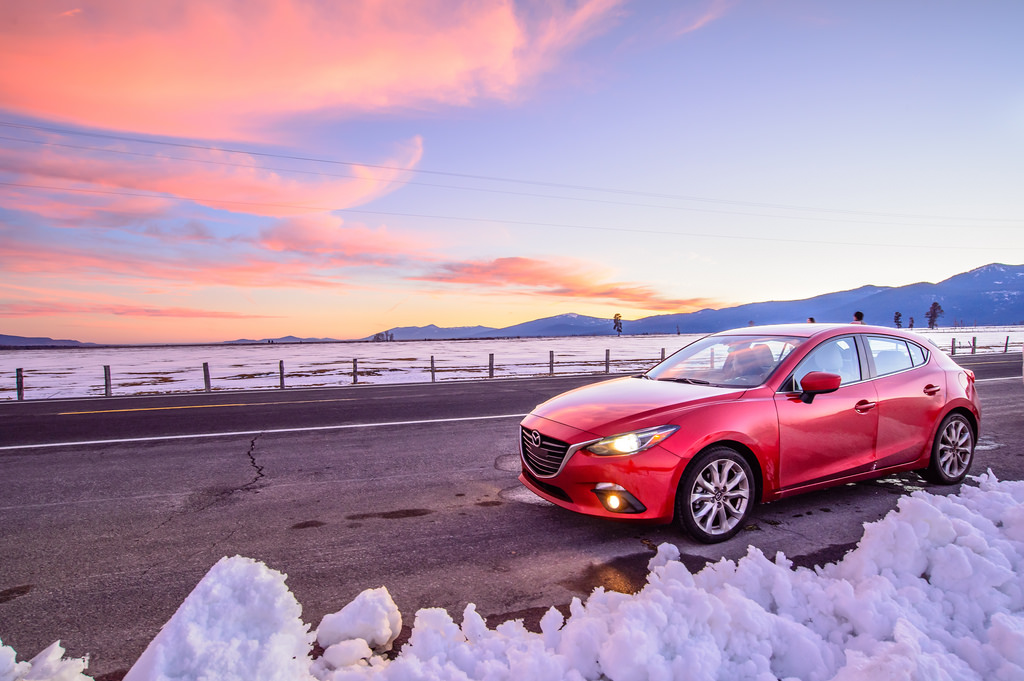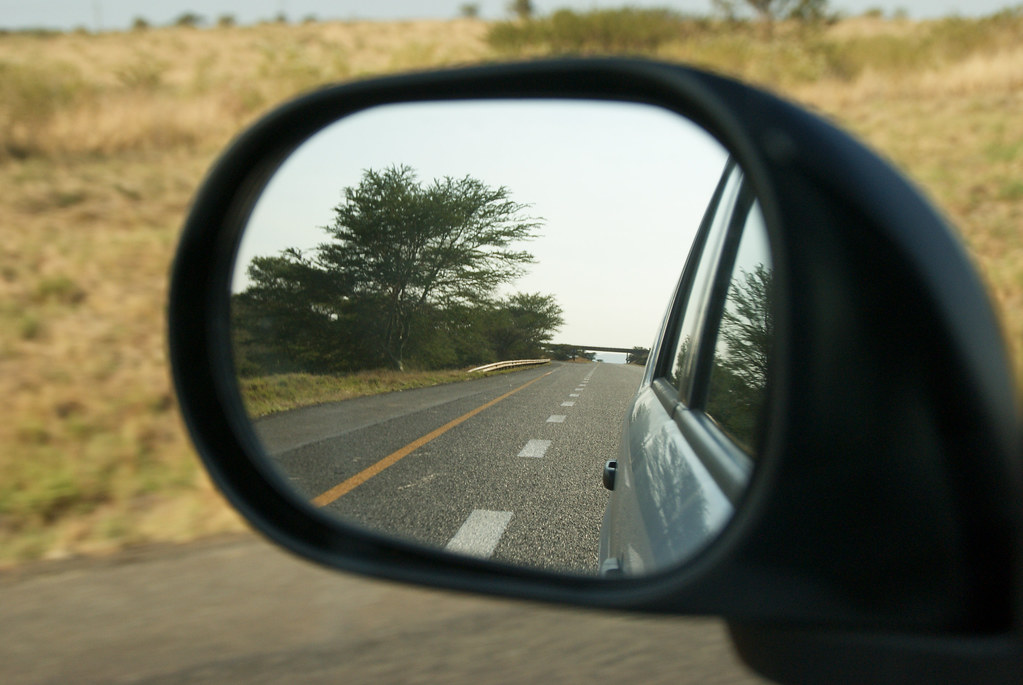
The question of whether it is better to lease or buy a car can be a tough one to answer in certain situations. Both options have their advantages and disadvantages depending on how much you want to spend upfront, how much you can afford in monthly payments, how long you want to keep the vehicle, how much you drive and numerous other similar factors. While many tend to think of the difference between financing and leasing purely in monetary terms, sometimes the decision simply boils down to a lifestyle choice.
Conventional Wisdom
Conventional wisdom suggests that it is wiser to purchase a car rather than lease it. The argument goes that with leasing, you have nothing to show for your payments at the end of the lease term, where as, with buying, you own the vehicle once the payments are done. That line of reasoning, however, completely ignores many of the upsides of leasing.
Advantages of Leasing
For instance, auto leasing typically involves a lower down payment and lower monthly payments than auto financing. Often, dealers require little upfront cash for entering a lease arrangement while requiring a down payment of between 10 percent and 20 percent on a new car purchase. Monthly payments are also almost always lower with a lease because you are only paying for the deprecation, or the decline in value, on the vehicle. With buying, your monthly payments are based on vehicle’s full value.
When deciding between leasing vs. buying, you should also consider the fact that you will pay next to nothing in maintenance costs, since the dealer from whom you leased the vehicle is responsible for all maintenance and repair issues. At the end of the lease term, you can also simply hand back the keys and lease a brand new vehicle. With buying you often have to contend with the issue of selling your old car first before you can purchase a new one.
Downsides of Leasing
Despite such benefits, there are some downsides to leasing as well. The biggest, of course, is the fact that leasing is a lot like renting. You cannot build any equity in the car with your monthly payments, so, at the end of the lease term, you have nothing to show for all the payments you have made on the car – not even a car to trade in. Leasing is also a lot less flexible than car financing.
When you buy a car, what you do with it is entirely up to you so long as you keep making your monthly payments. Lease arrangements, on the other hand, often restrict you to a certain number of miles per year. Most dealers will allow you to only put between 12,000 miles and 15,000 miles each year, and then charge you between 10 cents and 15 cents for every additional mile. You will also have to pay for any damage caused to the vehicle beyond what is considered as normal wear and tear. Lease arrangements can also be very costly to break. Dealers can, in certain cases, charge as much as six months of payments if you want to bail out early on a lease agreement.
Key Questions
The key when deciding whether to lease or buy a car is to ask yourself whether you want to spend money upfront on a down payment or whether you would rather invest that money elsewhere. If you do not want to spend a large chunk of money on buying a new car, or if you want lower monthly payments, then leasing may be the better option. Car leasing is also a good option if you are the sort that likes driving a new vehicle every two to three years.
When making a lease versus buy decision, you need to consider how much you intend to drive the vehicle. If you routinely drive more than 15,000 miles annually, then leasing is definitely not for you. With leasing, you also need to be a lot more careful with the vehicle than if you were to own it. So if you have kids, or you like off-road driving, or plan on using the vehicle to cart supplies for your business, you may be better off buying a vehicle rather than leasing one.




